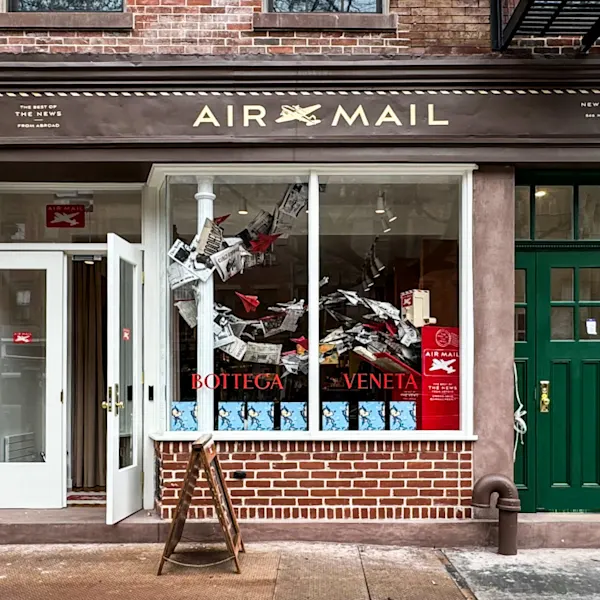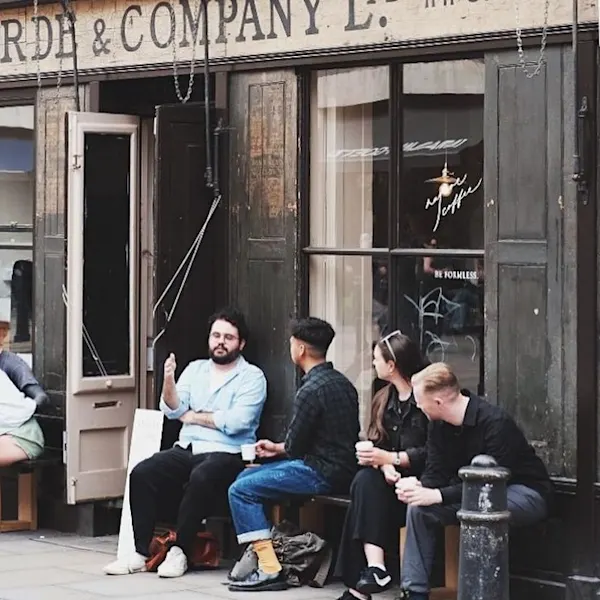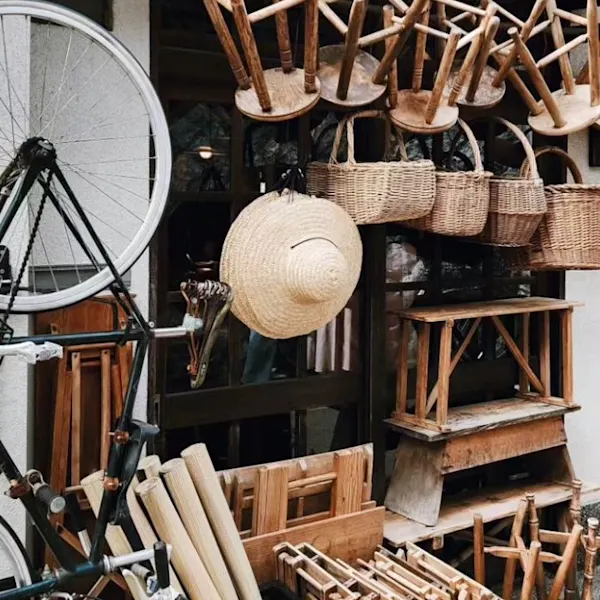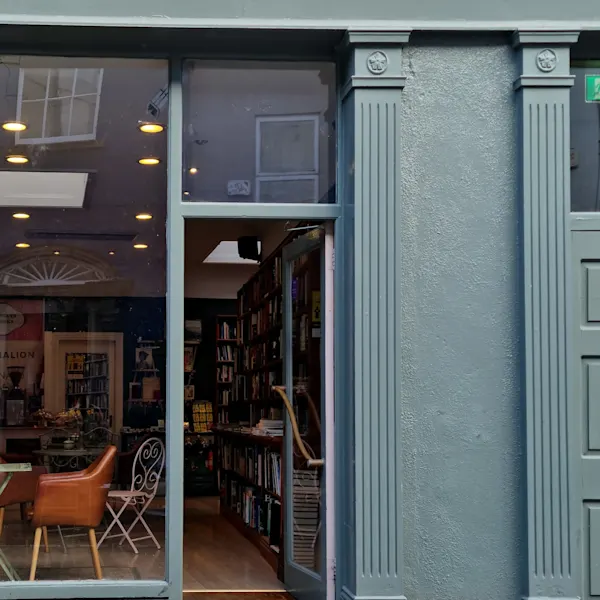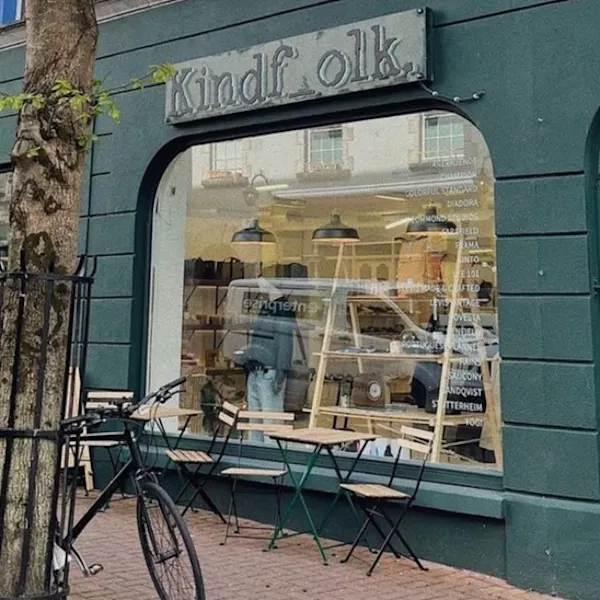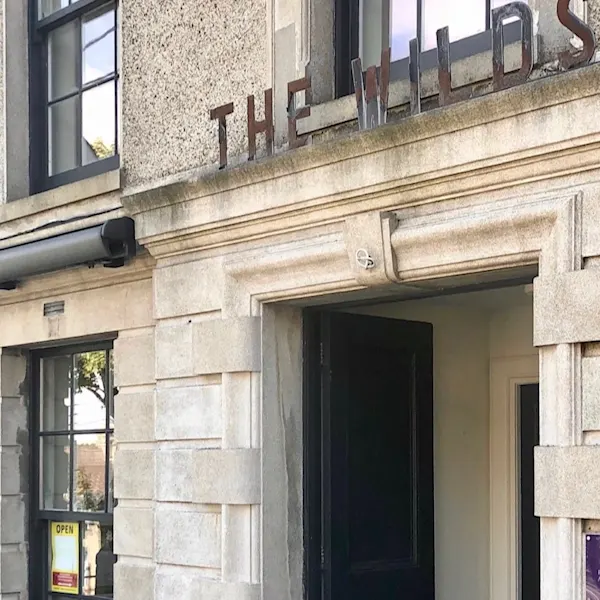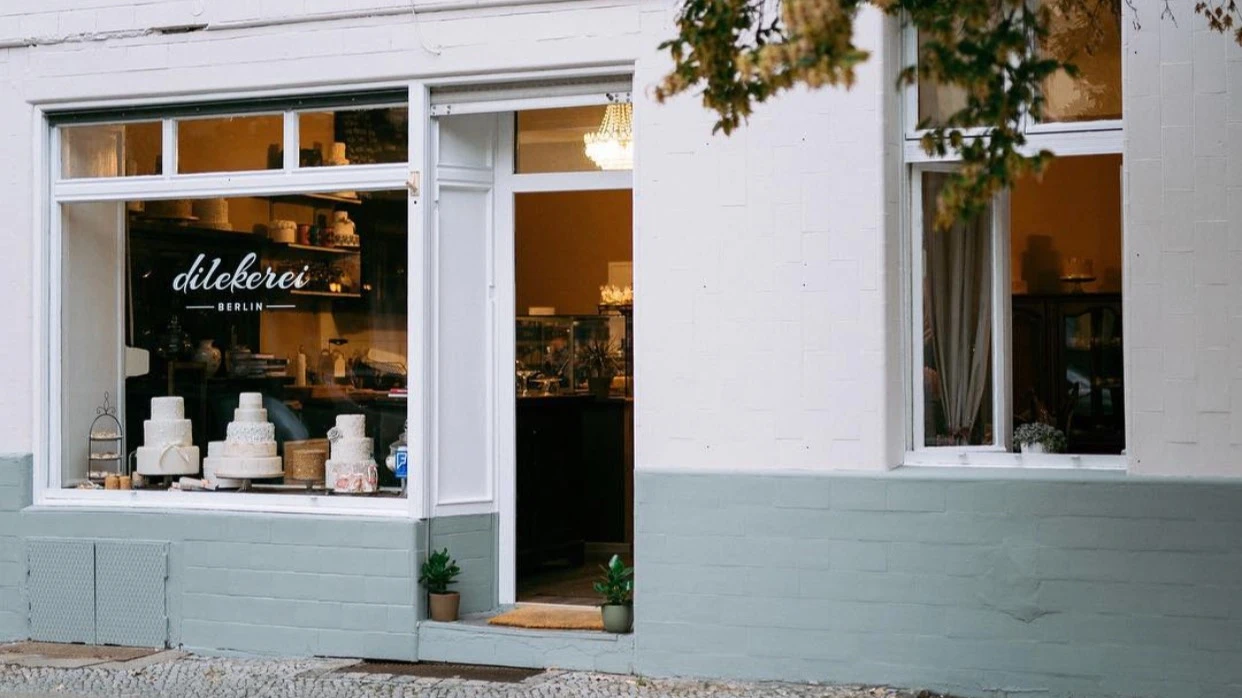
Dilekerei
Berlin Store Eulerstraße 11B, 13357 Berlin, DE
Closed
- Custom wedding cakes, birthday cakes, and cake tables.
- Home-grown, hand-picked fruit and herbs used in cake fillings and herbal teas.
WHAT WE LOVE
A cozy and elegant café and patisserie that reflects Berlin’s multicultural essence with an absolutely divine assortment of cakes and tarts. Founded in 2013 by food scientist and cookbook author Dilek Topkara who gained experience in NYC and the UK before returning to her home town to open Dilekerei in the Gesundbrunnen locality of Berlin.
"A friend suggested the name, which is a twist on words that combines my name (Dilek) with the word “bakery” in German (Bäckerei). I found this to be a perfect fit for my vision, which is a vision of harmony—harmonizing cultures, tastes and aesthetics."

THE SHOP
Who designed the shop? I designed the shop along with my sister, who is also a creative. The design of the shop reflects our larger vision, where Turkish and European-influences unite. We infused the shop with soul, inviting our community to partake in an experience that engages all of the senses—from taste to sight and sound. This includes an atmosphere in which you are surrounded by beautiful baked goods, a Persian carpet, ceramics designed in Turkey specifically for Dilekerei and antique German furniture.
What is Dilekerei best known for? Dilekerei has, since its beginnings, been known for its cakes and other pastries. We began by producing bespoke wedding cakes and expanded into a café space. Over the past few years, Dilekerei has increasingly spoken to a unique and yet growing group of diverse European creatives in both its products and space. It remains a family-run business that has grown organically through the support of our customers. It was founded with little savings and apart from a midi private loan no financial injection has been made into the company.
Where do you source your products? We source our ingredients as locally as possible, with a focus on natural and organic foods. We also import specialty ingredients from Turkey, including hazelnuts from our grandparent’s orchard. In this way, our ingredients reflect our vision of uniting cultures in a culinary experience. Some of our fruits are from our own little garden in Berlin, such as apples, cherries and plums.
What makes Dilekerei unique? My handcraft has allowed me to create products in my own style and I have come to develop a visual language. My form of communication has become cakes and other baked goods. Mine is not an abstract art, but accessible—able to speak to everyone no matter their backgrounds or experiences. Rather than choose one at the cost of the other, I value taste as much as appearance, with products that appeal both to the appetite and eyes.
Yet my café does more than satiate the body, something deeper. Above all, I run this business as a dialogue, an act of communication through my cakes and other baked goods. The various elements of my business work together to build bridges, whether through artistic design or taste, and thereby a community.
My aim is not to grow bigger and bigger, but rather to strengthen my small business, investing into my customers as they invest in us. This is necessary to maintain high quality hand-crafted products.
Who are the customers? Many of the customers share our vision and support us but their backgrounds are very diverse. They too seek more than just a product, as they participate in and absorb the atmosphere of the shop. Some are creatives themselves, many from across the city join us on our café days (Saturdays and Sundays only) to enjoy a sweet treat, and our neighbors have quickly become our regulars. But there is no dominant type of customer.
How has the internet impacted your business? The internet is one of the most important mediums for my business, allowing me to reach out to and continuously communicate with my customers. I use social media predominantly to showcase photographs of our work, not as a sounding board but rather a place of reflection. Pictures speak for themselves, I usually do not like to say much about it.
Dilek Topkara, shopkeeper at Dilekerei
THE SHOPKEEPER
What inspires you? My inspirations come from many different sources. Rather than searching for them, I usually stumble upon them. I have been inspired by various forms, including Islamic art, calligraphy, other patisseries, Persian carpets, ceramics and nature, just to name some.
I seek harmony. We often think of harmony as a single voice or sound. But, in music, harmony is in fact created by the uniting of voices together in a song. Similarly, in art, harmony is created by the uniting of influences or inspirations in an integrated form. I do this by combining various inspirations, ingredients and stories in each of my products.
What were you before you were a shopkeeper? I studied food science at university. For instance, I researched the quality of baked goods for celiac disease patients.
What motivated you to open the shop? I reached a point in my professional life where I was seeking independence. I needed space for myself to develop my own signature style. I had worked in leading cake companies, where I learned important skills but was representing someone else’s vision. Dilekerei was formed by my search for creative independence, the desire to carve my own path.
Did you have prior retail experience? I did not have prior retail experience, as I had focused my career first on the molecular level of food production and analysis and later on my design skills. This was a new challenge for me, as I had to learn retail through my own business.
The hardest lessons learned in starting a business? I never reached a point where I felt fully equipped and ready to start my own business. I just had to jump in—just do it, so to say. One of the hardest lessons that I quickly learned was that there are no guarantees and the responsibility falls only on you. Yet I was able to see the beauty in the possibility, in the insecurity even. Just getting started was actually very liberating.
Your favorite thing about owning an independent shop? My personal growth and freedom gained through this venture have been invaluable. Any new business is not a straight path but a lot can be gained through the ability to adapt oneself to all of the ups and downs. While at times scary to be fully invested—both financially and emotionally—it has also been extremely liberating to bring this vision to life, watching it grow from a seed idea into a flourishing business.
Your advice for anyone wanting to open a shop? Just do it. If you have something to give, you have more to lose by not doing it than taking the risk.
If you weren’t a shopkeeper you would be…? I would do my PhD in food sciences. This is, of course, related because I am interested in every level of food production and nutrition.
WHAT THE SHOPKEEPER LOVES
Favorite shops Just to name a few, by far not all of my favorites worldwide
Tartine Bakery , San Francisco
Levain Bakery and Balthazar , New York
Cottonrake , Glasgow
Ottolenghi , London.
In Berlin
Falafel at Habibi’s
farmers market at Maybach Ufer.
Words by Feride Yalav-Heckeroth. Photography by Melek Özdemir
Feride Yalav-Heckeroth is a Berlin-based freelance writer and the author of The 500 Hidden Secrets of Istanbul . Her favorite shops are Souq Dükkan in Istanbul for the best of local design, Ryoko in Berlin for artisan Japanese goods, and Homemade Aromaterapi in Istanbul for 100% natural beauty products.
